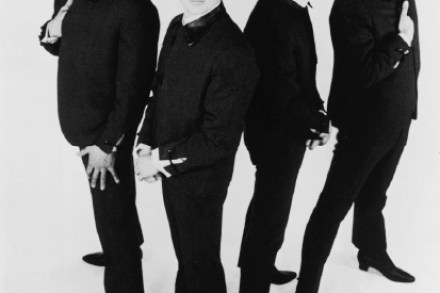Dominic Cummings (who ought to know) is not impressed by Michael Barber, Tony Blair’s former adviser and self-styled ‘delivery man’
In 2001, Tony Blair took Sir Michael Barber from his perch as special adviser in the Department for Education and brought him into Downing Street. Once there Barber set up Blair’s ‘Delivery Unit’ and oversaw his attempts to reform public services. He then moved to the McKinsey consultancy where he cloned his unit for governments around the world. He has now written a book, How to Run a Government, about what he calls ‘deliverology’ — an ‘emerging science of delivery’. It is part memoir and part a ‘how to’ manual describing ‘a set of processes that enables governments to deliver ambitious goals’. Steve Hilton, David Cameron’s adviser, is reported saying




















